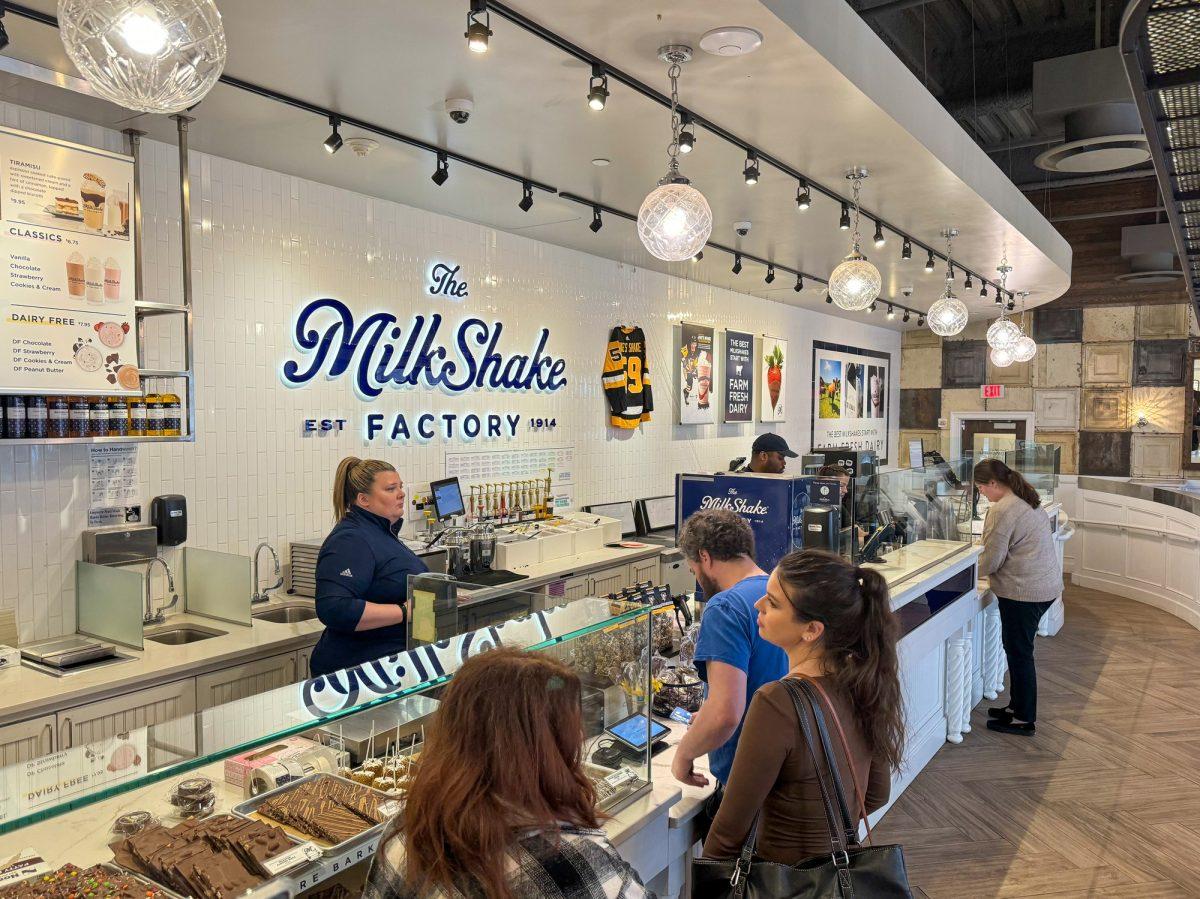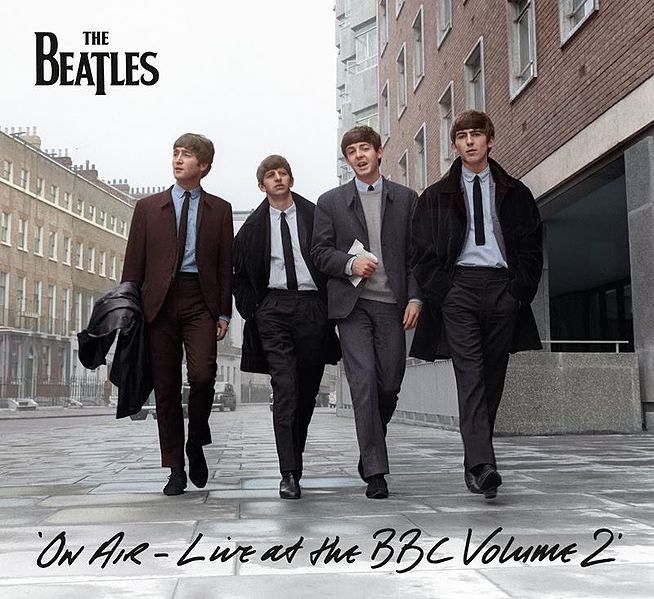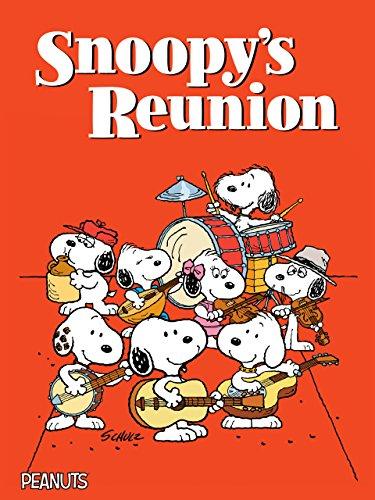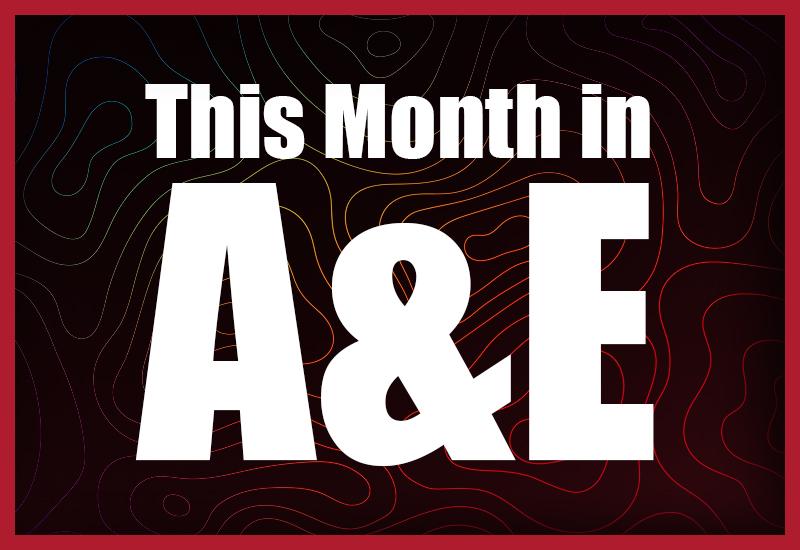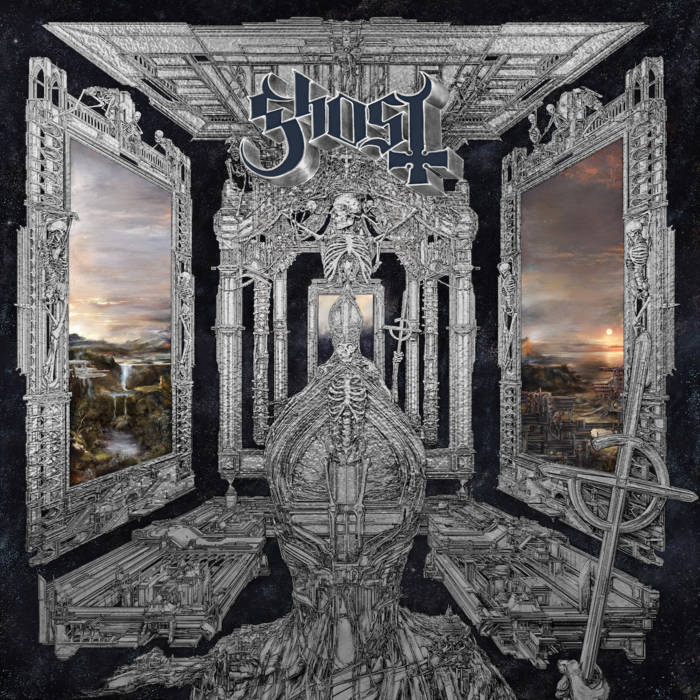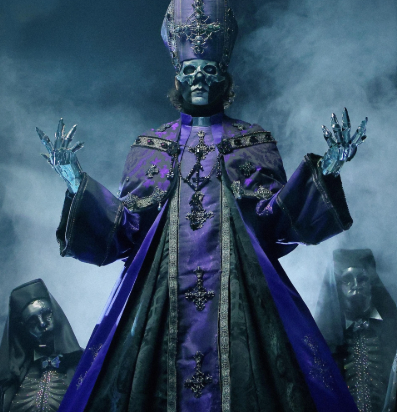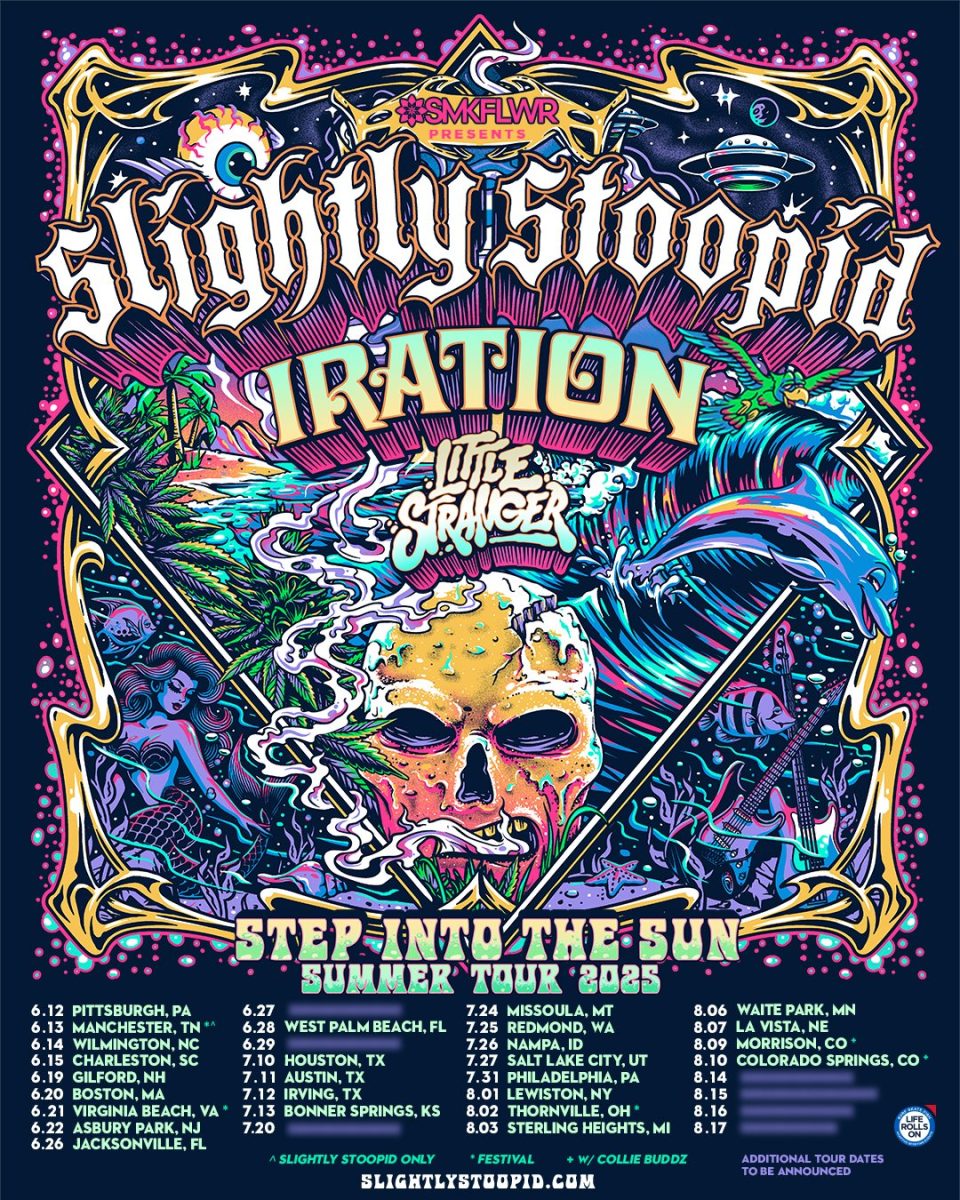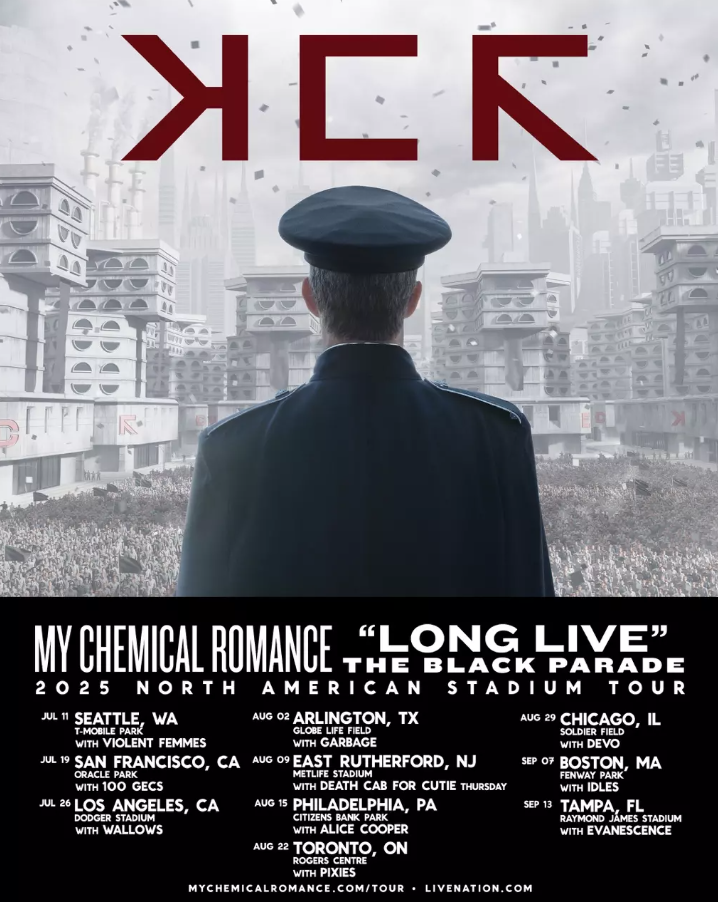The Players:
Daft Punk: Thomas Bangalter & Guy-Manuel de Homem-Christo: production & songwriting, guitars, keys & synths, bass, samples, programming, & vox (including vocoders)
With appearances by:
Romanthony – vox on One More Time & Too Long
Todd Edwards – vox on Face to Face
Back when buffering speeds of videos took forever– circa 2001– and dial-up Internet was the most common connection to the World Wide Web, it was well worth waiting to watch those four music videos that Daft Punk produced for Discovery in my uncle’s computer.
This LP is easily one of the ten most important albums that I grew up listening to. At ten years of age, I couldn’t conceive the notion of digesting and dissecting electronica. My young ears had not formed, unprepared and untrained for listening to silly, never-ending beats and loops– largely then and now considered music. But with this album, I recognized song structures and segues. I detected the incorporation of lyrics into their music. This led to an overall appreciation for this group to elevate their songs beyond nightclub staples.
In spite of these advancements in their craft, the lyric-writing is occasionally head-scratching/awkward and perhaps once, nails-scraping-on-a-chalkboard-scrapingly bad (see Digital Love). It’s clear that music was the first priority. Although they should be applauded for trying, the boys could have considered taking a few classes to brush up on creating words to fit music (or doing some Homework).
One More Time and the three songs that follow– Aerodynamic, Digital Love, & Harder, Better, Faster, Stronger– are the defining tracks of the album and what it stands for. Crescendolls is silly, but fun. Nightvision belongs in a soap opera love scene and serves largely as filler or a bridge to the other songs– though it’s really pretty. The Billy Manilow sample used for Superheroes is enough to drive some mad– and is currently being employed by military personnel for terrorists at Git’mo. High Life is no better (ask my brother)! Something About Us returns the album to semi-conventionalism. However, there could be more done with the last minute and a half of the track, rather than it turning into the meandering dirge that it becomes. Voyager is perhaps the most ‘disco’ of the entire album, and Veridis Quo strays from the album’s 1970s inclinations by recalling 1980s electronica and new wave. Short Circuit should have been left off of the first pressings, reading like a bad parody/tribute to M’s Pop Muzik, and Too Long is too long.
Much like hip-hop, electronica will always be an enigma for some: some of it are good, some of it are bad. I credit these guys for helping to turn the tide, much like how Eminem helped me understand hip-hop a little better; Nas ain’t so bad either (hint-hint for a future review). And also, like hip-hop, it takes a strong filter to find the best of the best in this genre. Daft Punk’s Discovery is one of the finest entries and their statement that electronica can be an art form when the sum of its parts make an incredible whole.
The Hits, literally: One More Time, Aerodynamic, Digital Love, Harder, Better, Faster, Stronger. The first four tracks will always be the best .
The Pits: Short Circuit, Too Long. Short Circuit sounds like M’s Pop Muzik tripped out on Ecstasy, and is the most worthless track on the album. And once again, Too Long is simply Too Long. Even Romanthony couldn’t save it.
Now You Know: The band is regularly accused of using unlicensed samples of other artists’ work on this album. Despite the already credited artists in the liner notes, new lists of unauthorized samples appear from time to time. The group maintains their innocence.



